Angie's List and NextDoor's Favorite: 2017 -2024
Shower or Bath: Which Truly Drenches Our Water Supply?
Water is a precious resource that sustains life, and as conscientious homeowners, we're increasingly aware of the need to conserve it. Each time we embark on the daily ritual of cleansing, we have an opportunity to make a choice that can significantly impact water consumption: shower or bath? In this blog post, we'll dive into the considerable depths of water usage between these two common household activities to determine which is the more watertight option for you and the environment.
Water Usage in Showers
Showers have long been regarded as the more water-efficient choice over baths, but the reality may be less clear-cut. According to the EPA, the average American shower uses 17.2 gallons and lasts for 8.2 minutes, based on a flow rate of 2.1 gallons per minute (gpm). However, modern showers with low-flow showerheads can reduce that significantly, with some even reaching an ultra-low flow of 1.5 gpm. Here's a closer look at what affects shower water consumption.
The Showerhead Factor
The type of showerhead used plays a major role in determining water usage. Switching to a low-flow or aerating showerhead offers a straight-forward way to cut back on consumption without sacrificing water pressure. Some of these fixtures use as little as 1.25 gpm, making them an attractive and eco-friendly option.
The Time Factor
Of course, the length of your shower also contributes to your water usage. A minute shaved off can save many gallons of water, but it's about more than just the minutes. Long, leisurely showers can account for more water than several baths combined, while efficient, shorter showers can be the clear winner.
The Flow Factor
Higher water pressure might feel luxurious, but it results in more water flowing through the showerhead. Maintaining a balance between pressure and volume ensures you get a satisfying shower while using less water. Upgrading to a showerhead with a flow restrictor can help manage this ratio.
Tips for Reducing Shower Water Usage
- Install a low-flow or aerating showerhead
- Be mindful of shower duration
- Turn off the water while soaping or shampooing
- Consider a shower timer to track usage
Water Usage in Baths
Baths are often seen as the lavish indulgence that guzzles gallons of water, and the average American tub bath does indeed use around 36 gallons of water. The deeper the tub, the more water it holds, and while some newer tubs are designed to accommodate a shallower soak, many traditional tubs effectively demand a full bath's worth of water.
The Bathtub Design Factor
Older models and some luxurious designs lend themselves to high water usage. A standard-sized bath contains about 42 gallons, but it's not uncommon for that volume to be far exceeded when the brown bubbles start rising.
The Filling Level Factor
You might not need as much water as you think. Filling the tub only halfway is a simple way to halve your water usage while still enjoying a relaxing experience. Consider investing in a bath overflow drain cover, which enables you to safely fill the bath to a lesser depth.
Tips for Reducing Bath Water Usage
- Use a smaller tub if possible
- Do not fill the tub to capacity
- Refresh the water as little as necessary
- Capture and reuse greywater from the bath where local regulations allow
Comparison of Water Usage
When we compare the two, it's evident that baths often get a bad rap, but they aren't the assured villains of water usage. Unlike showers, though, they don't have a simple switch or dial to control consumption so directly. The onus is on the bather to manage how much water they use. In the end, the environmental impact really comes down to individual practices and habits.
Highlighting the Factors That Contribute to the Difference
The disparity in water usage between showers and baths can be substantial, but it hinges on several key factors. These include the type of showerhead and tub, personal habits, and the availability of water-saving features.
Conclusion
As we wrap up our exploration of shower versus bath water usage, it's clear that the superior water-saving choice isn't as black and white as it may seem. Showers can be incredibly efficient, offering a thorough cleanse with minimum expenditure, but only if we're diligent about our habits and the fixtures we use. Baths, often maligned as the hoggers of H2O, can be used sparingly and smartly without necessarily creating an undue burden on our water supply.
In your own home, the choice of whether to shower or bathe will depend on a myriad of factors, ranging from personal comfort and health needs to the practical consideration of available fixtures. However, by following the tips presented in this post, you can ensure that your cleansing routines align with responsible water stewardship.
Ultimately, it's not a question of shower versus bath but of mindfulness and moderation in all our water-related activities. Each drop conserved is a drop preserved for the future, and by taking the time to understand and act on our water usage, we can all be part of the solution.
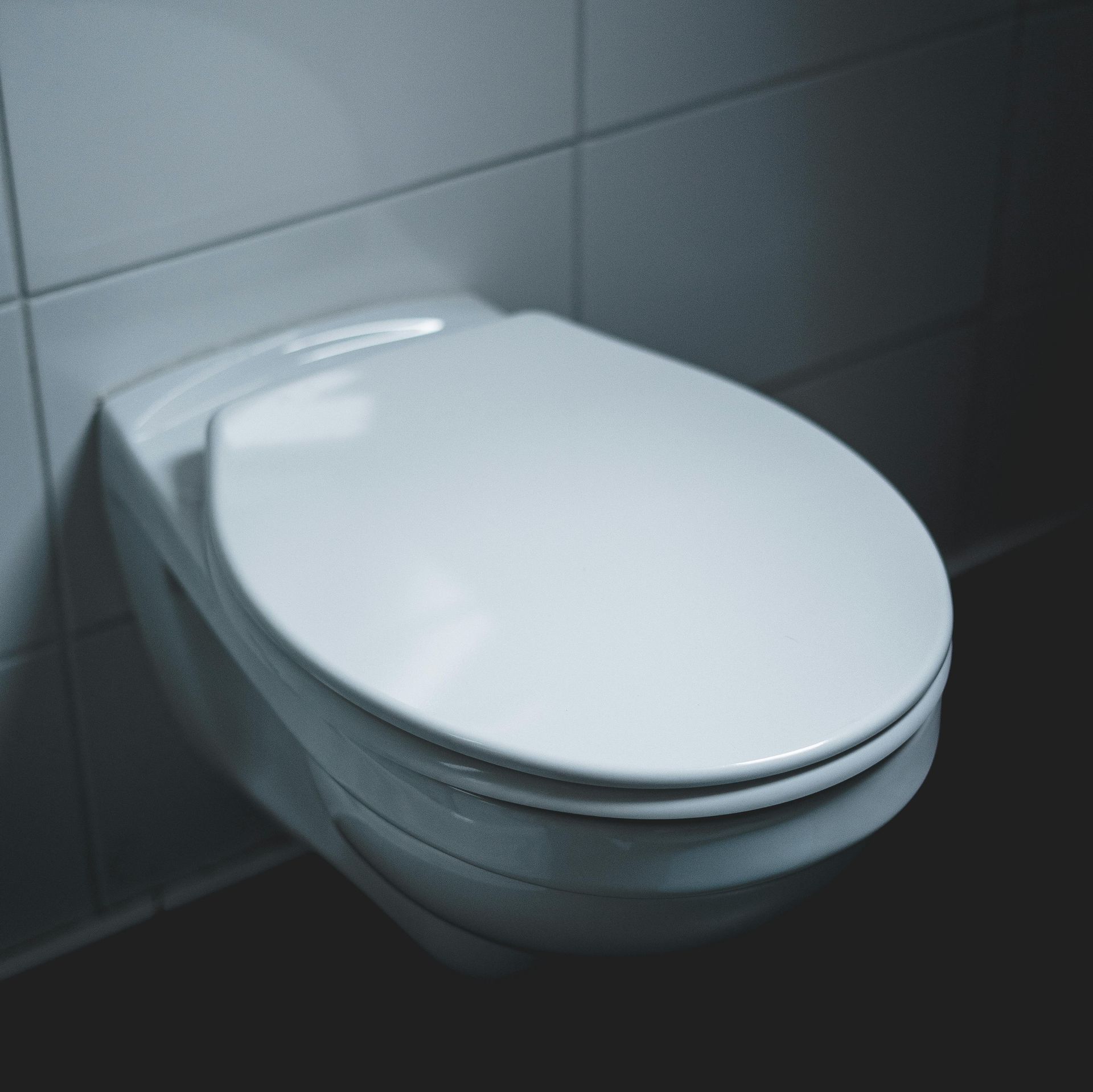
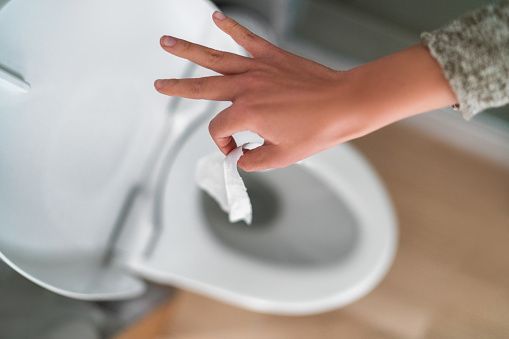
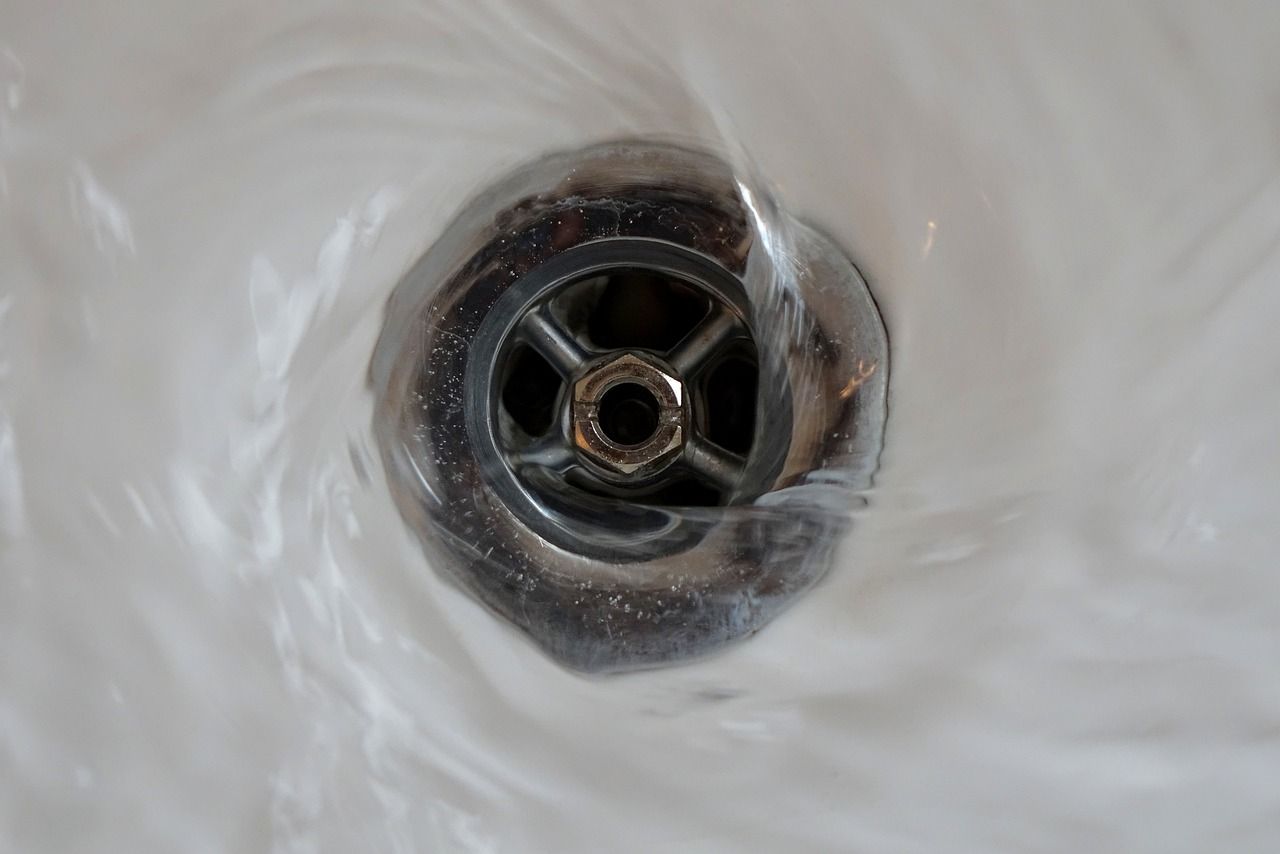
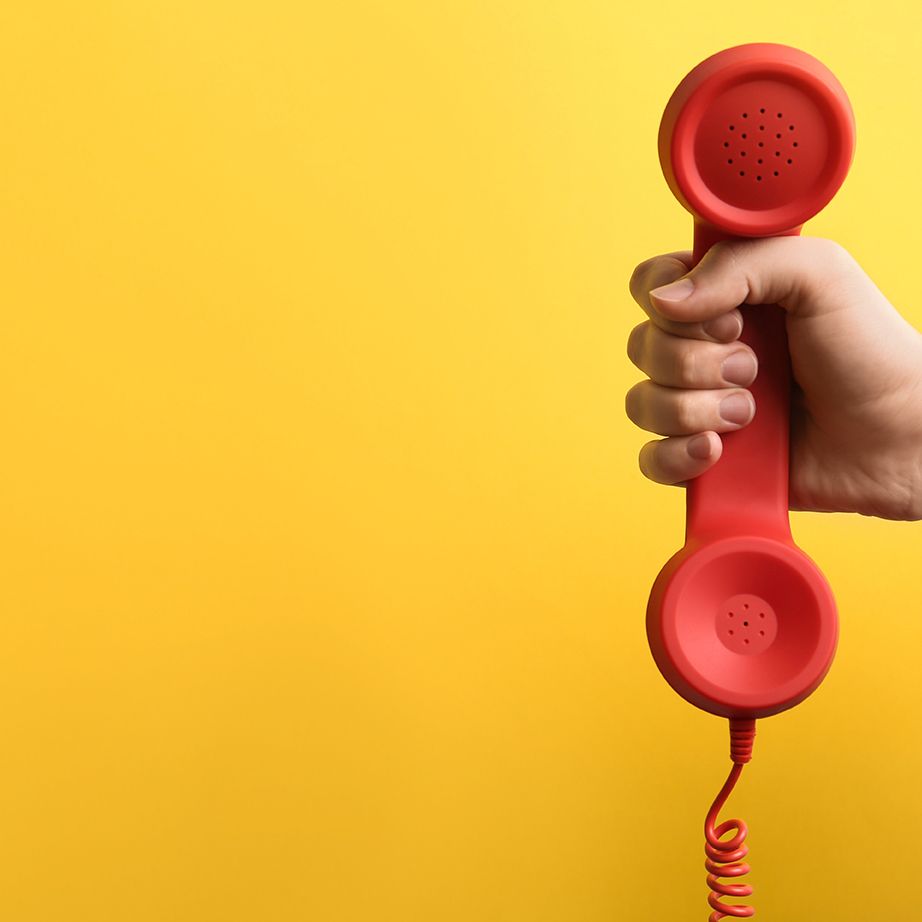

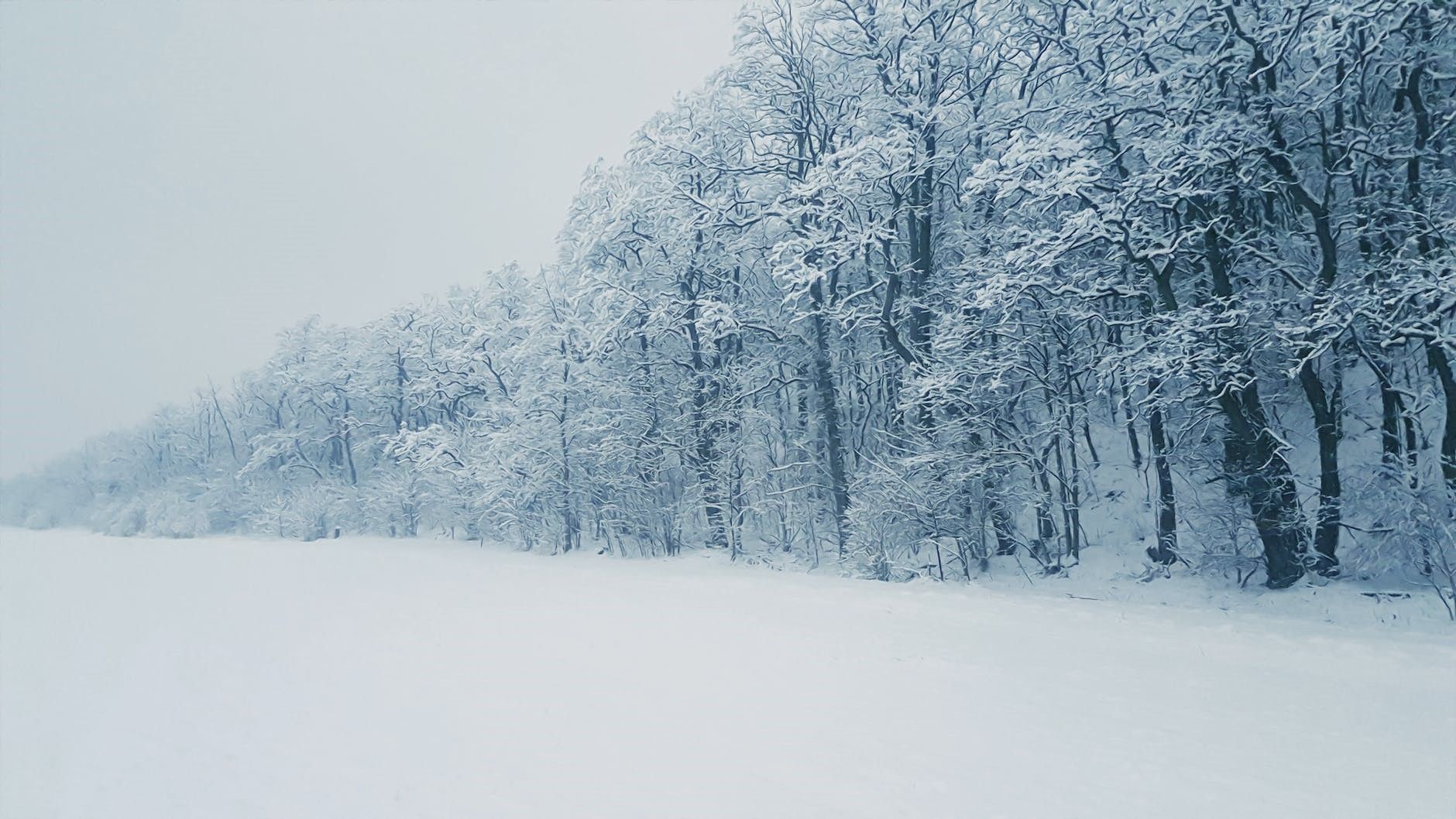
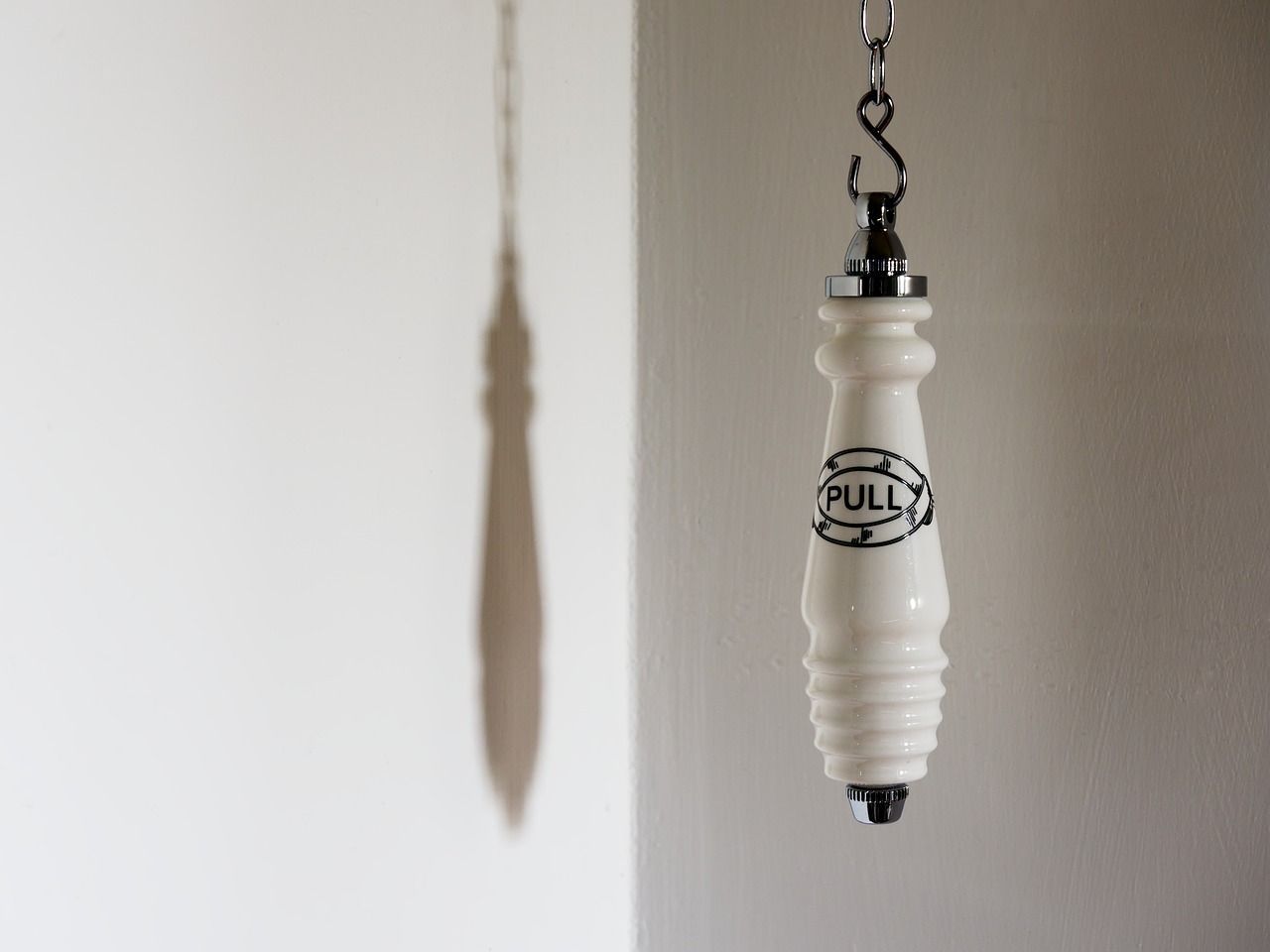
SERVING
and Surrounding Areas

HOURS
Hours:

CONTACT US
Master License # M-39624
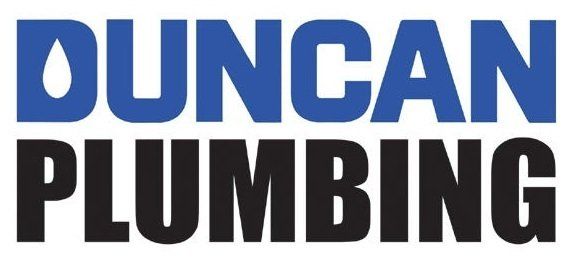
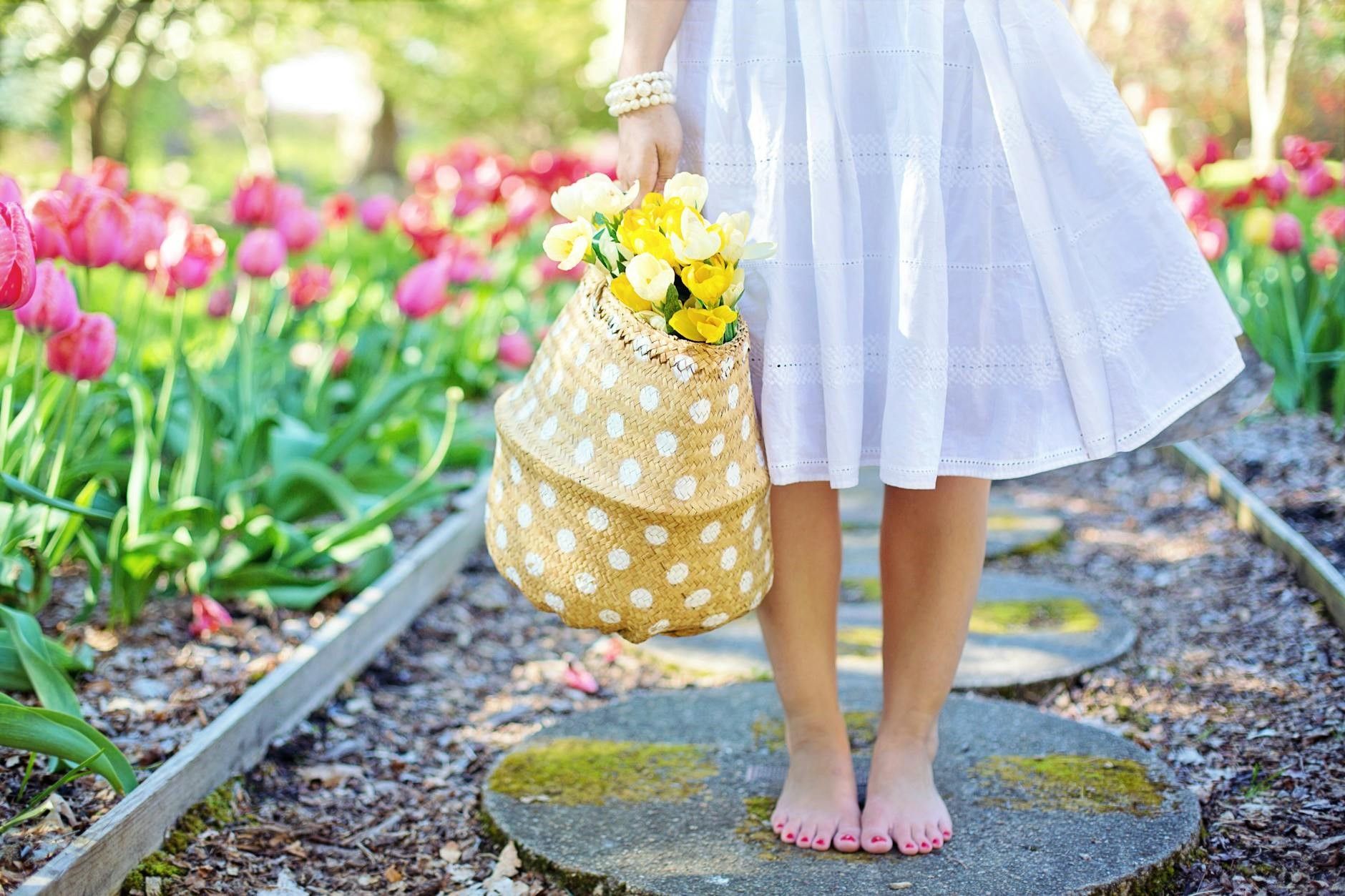
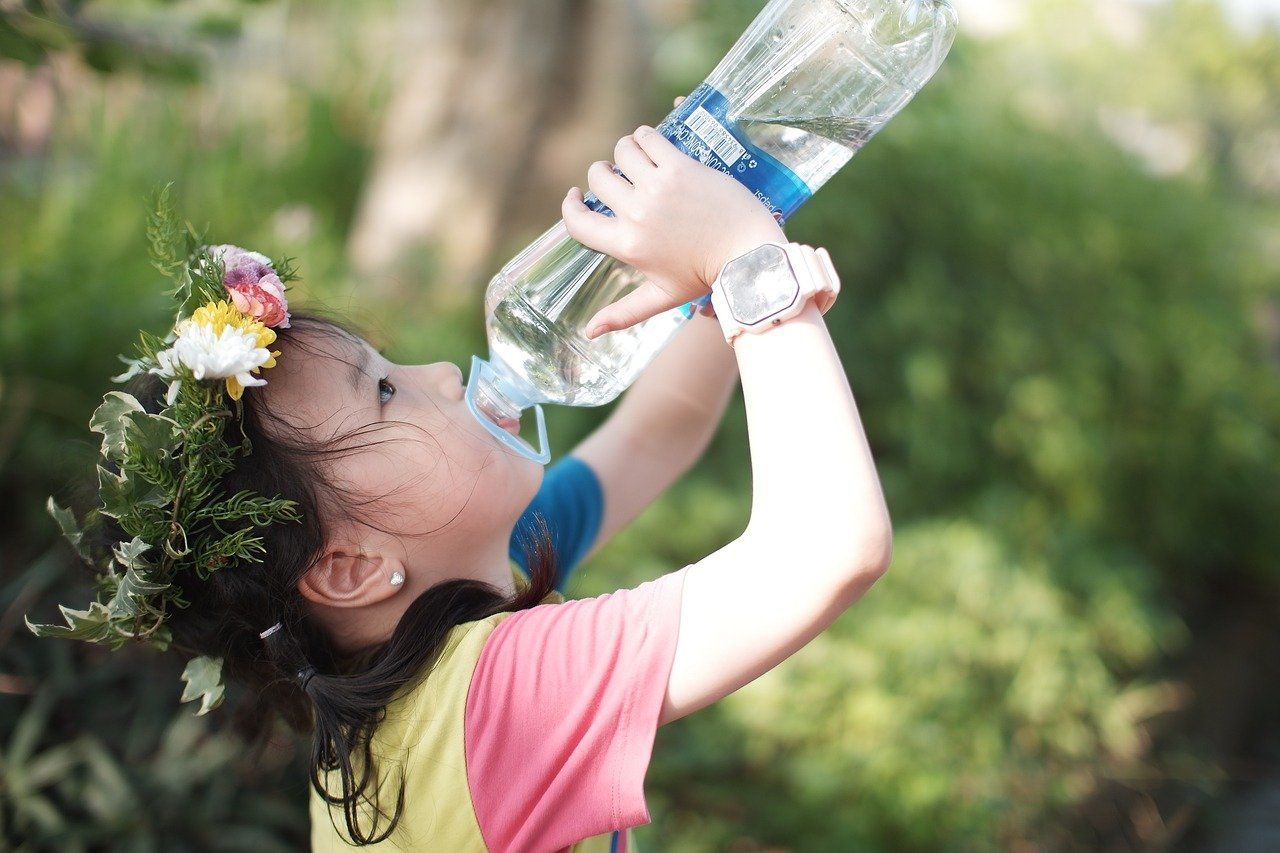
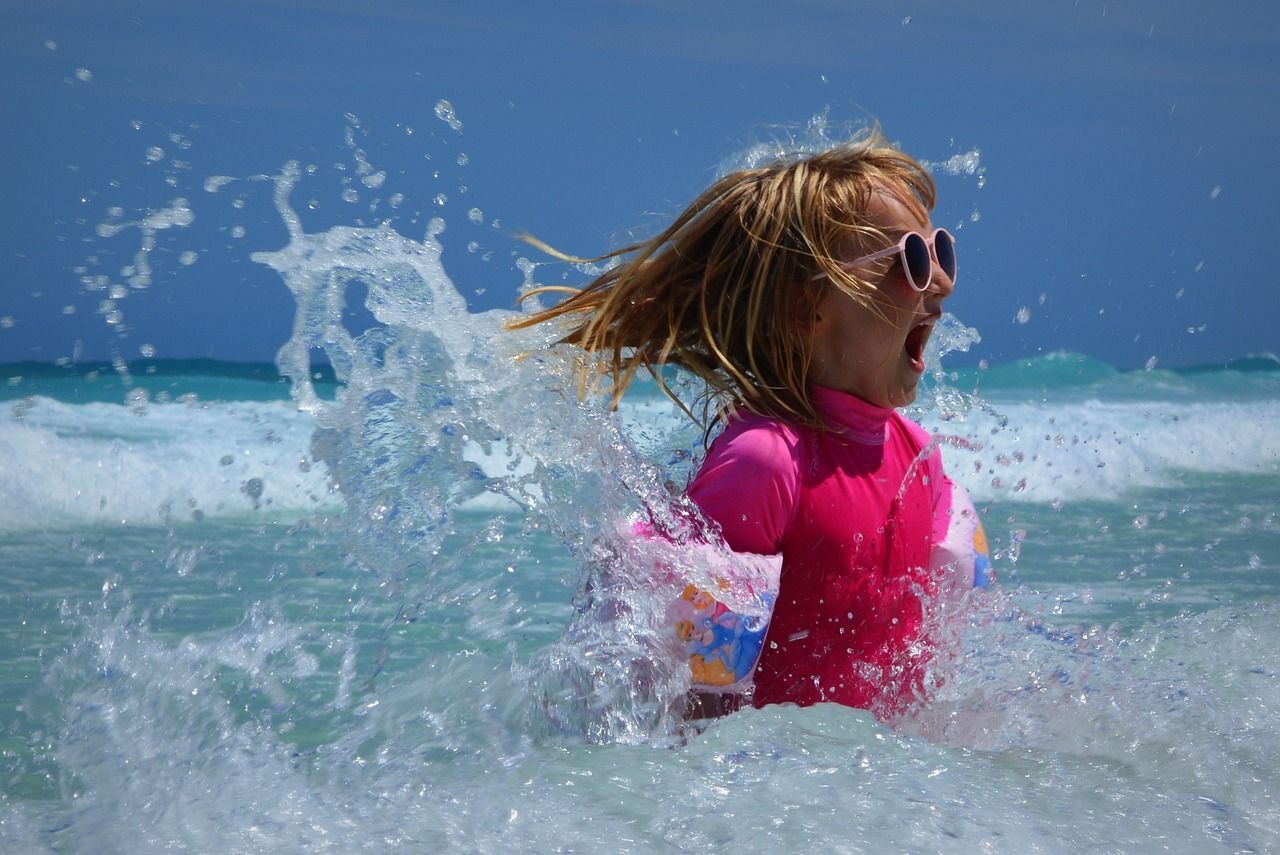


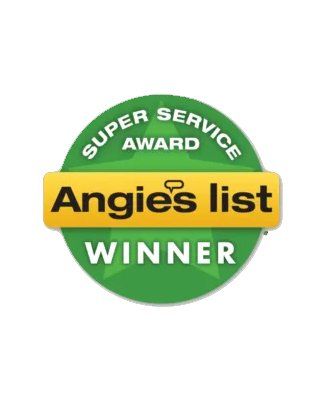
















Share On: